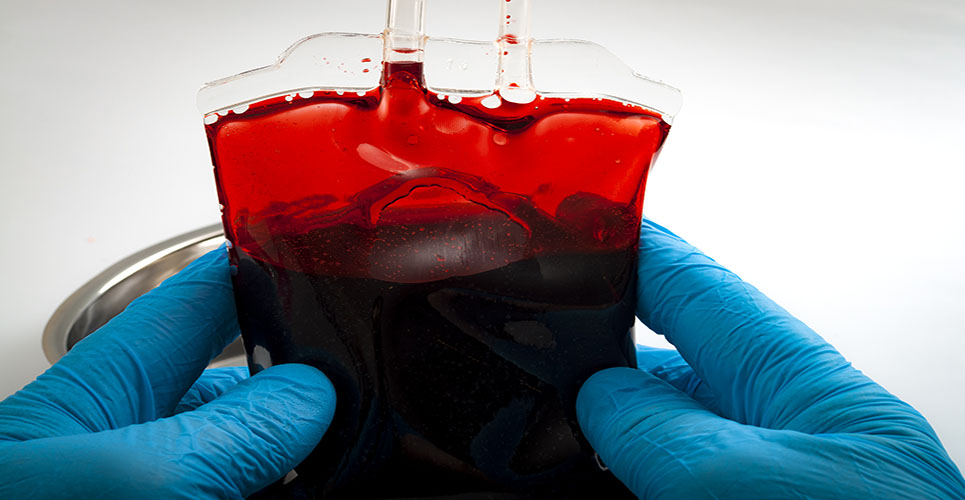teaser
People taking aspirin in a bid to prevent Lynch syndrome – the most common form of hereditary colorectal cancer – are wasting their time, according a study published in the New England Journal of Medicine.
Co-author Henry Lynch, professor of medicine and director at Creighton University Hereditary Cancer Center, first identified the syndrome, also known as hereditary nonpolyposis colorectal cancer, in the 1960s.
He says: “Aspirin has been used clinically for some time in patients at risk of Lynch syndrome, but our study shows that patients who take aspirin for this reason are simply wasting their time. The best protection continues to be an annual colonoscopy, beginning at age 25.”
In the study, led by Professor John Burn at Newcastle University, benign, premalignant or malignant growths were found in similar proportions among participants receiving aspirin versus placebos.
Professor Lynch says that the research team will use data and design strategies from the study to conduct further investigations to find possible cancer-preventive treatments for patients predisposed to Lynch syndrome.
Copyright Press Association 2008
New England Journal of Medicine

